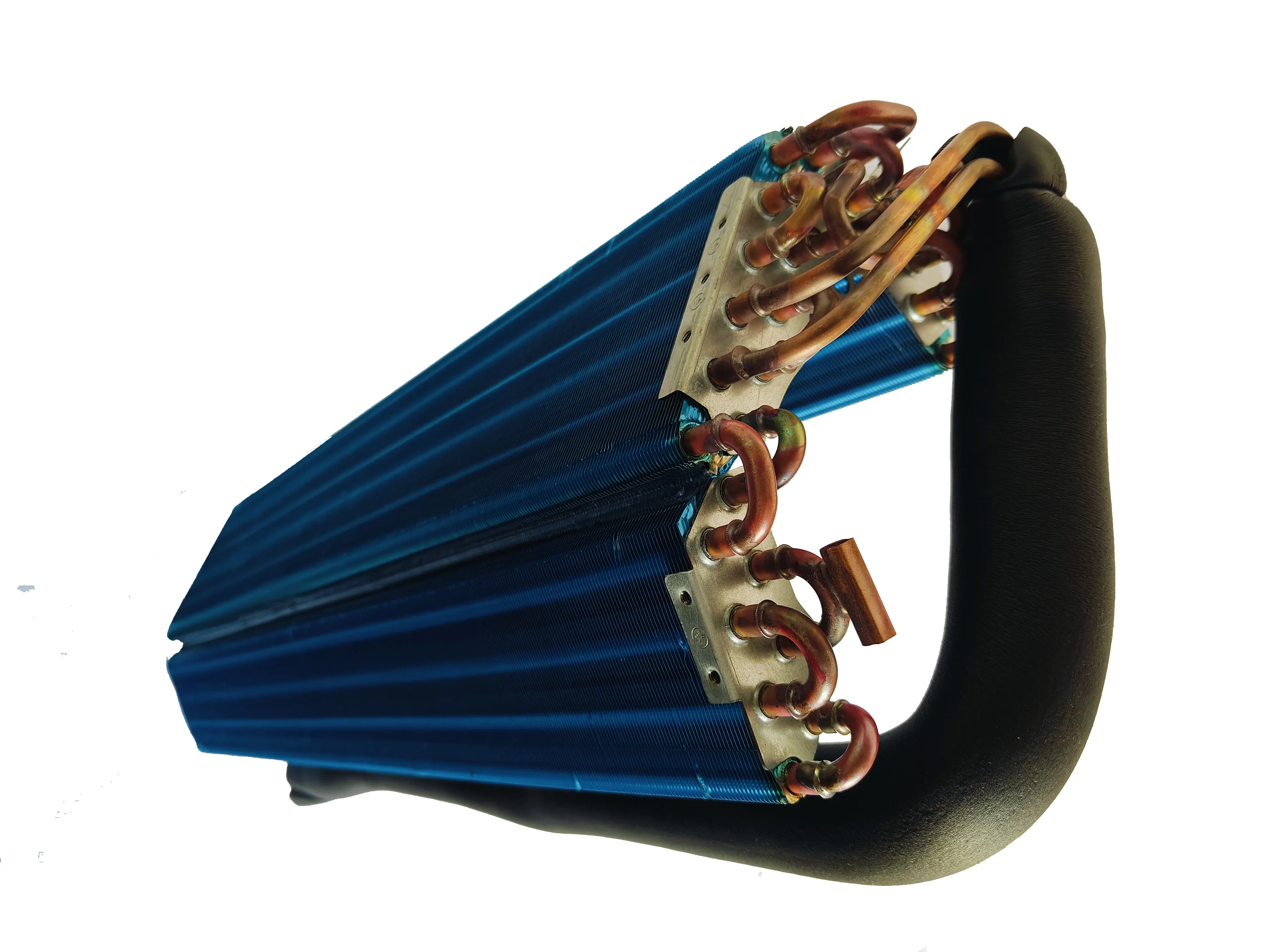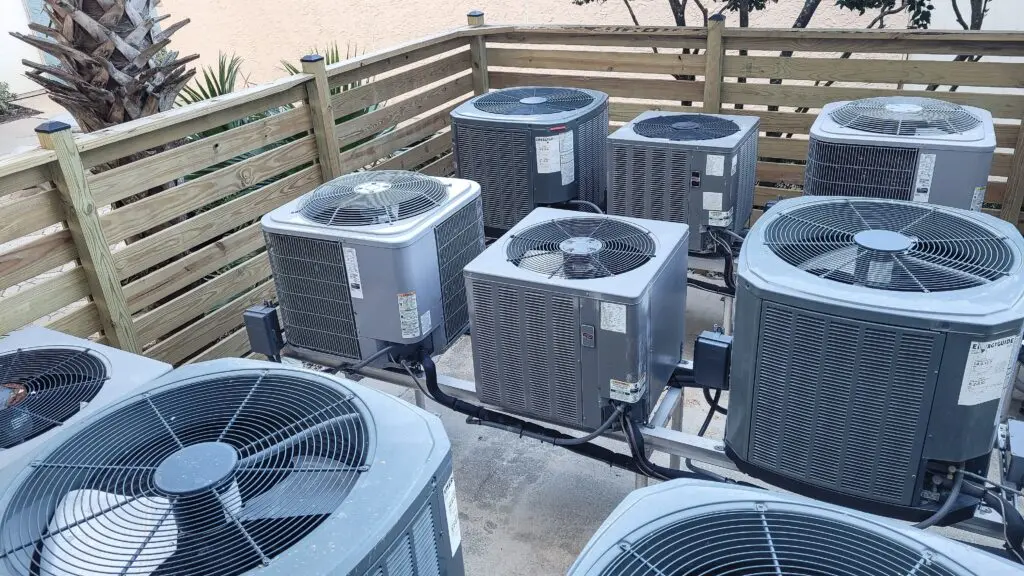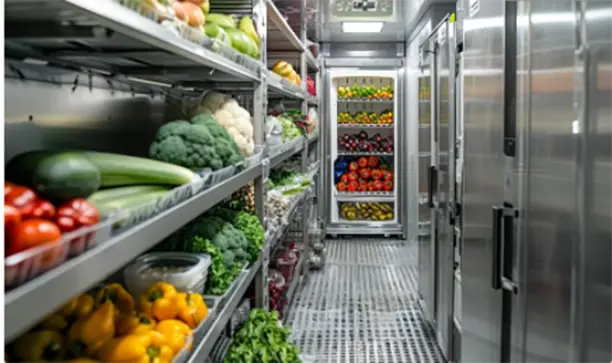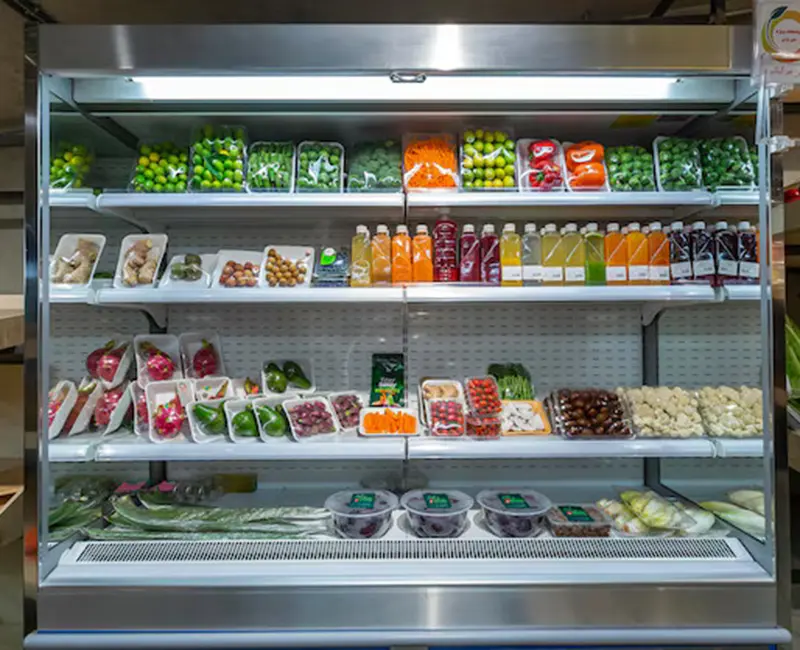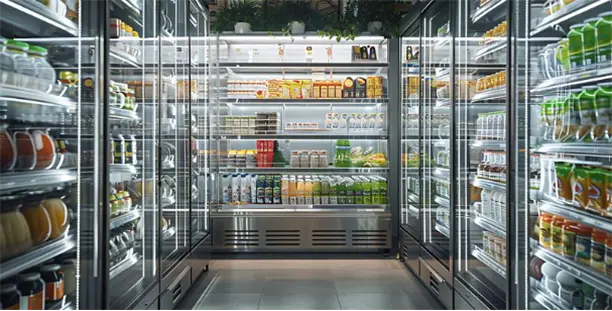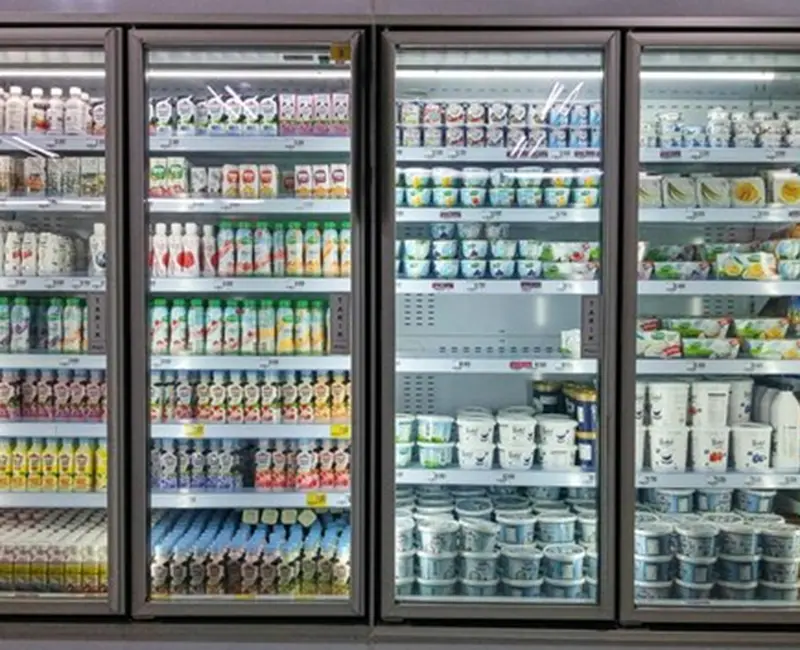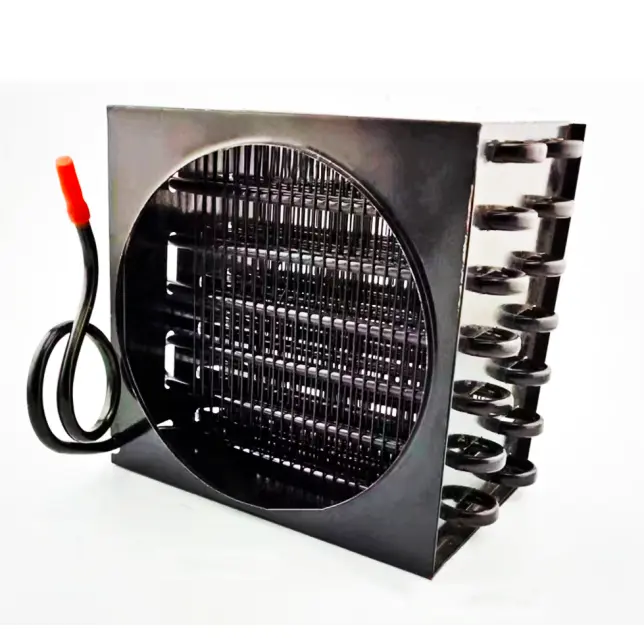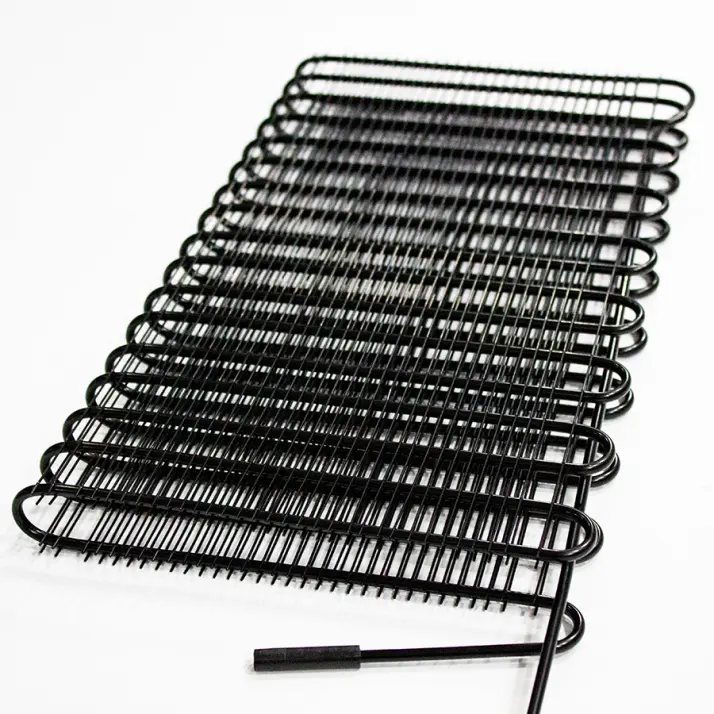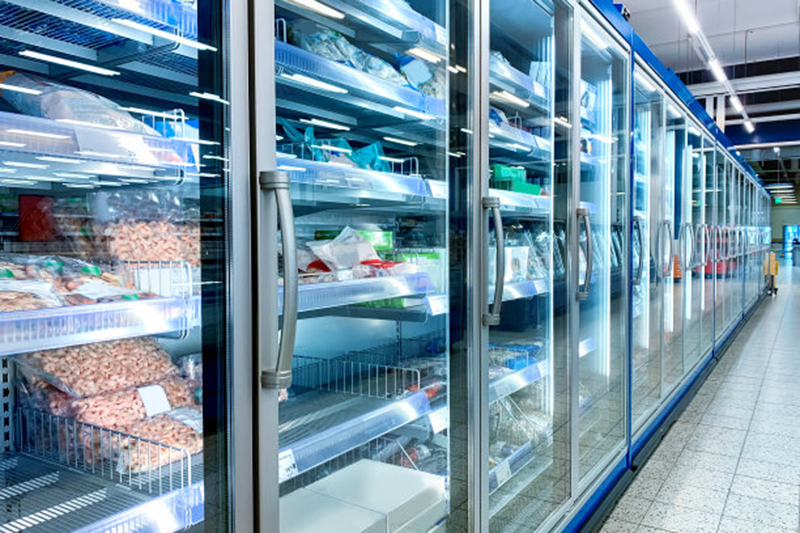Wire-tube condenser manufacturers focus on sustainable development amid growing environmental concerns
2024-11-09
As global environmental concerns intensify, more and more industries are being asked to adopt sustainable practices. Among them, line tube condenser manufacturers are rising to the challenge of integrating sustainability into their operations. This article explores how these manufacturers focus on sustainable material sourcing, energy-efficient production processes, life cycle assessment practices, innovative designs that reduce footprint, and commitment to regulatory compliance.
Sustainable Material Sourcing
The foundation of sustainable manufacturing starts with the materials used. Line tube condenser manufacturers are placing increasing emphasis on sustainable material sourcing. This involves choosing high-quality and environmentally friendly raw materials. Many manufacturers are turning to recycled metals and eco-friendly coatings to reduce the environmental impact associated with mining and processing virgin materials. By sourcing materials responsibly, manufacturers can significantly reduce their carbon footprint and contribute to the circular economy.
Energy-saving production process
Energy consumption is a critical factor in the manufacturing process, and line tube condenser manufacturers are actively seeking ways to improve energy efficiency. By investing in advanced machinery and optimizing production techniques, these manufacturers can reduce energy use without compromising product quality. Technologies like lean manufacturing and automation not only streamline operations but also minimize waste. In addition, many manufacturers are exploring renewable energy sources such as solar and wind power to further reduce dependence on fossil fuels.
Life cycle assessment practice
An integrated approach to sustainability involves understanding the entire life cycle of a product, from raw material extraction to end-of-life disposal. Line tube condenser manufacturers are increasingly adopting life cycle assessment (LCA) practices to assess the environmental impact of their products. By analyzing each stage of a product’s life cycle, manufacturers can identify areas for improvement and implement strategies to reduce their overall environmental footprint. This data-driven approach enables informed decisions and promotes continuous improvement of sustainability efforts.
Innovative design to reduce floor space
Innovation plays a vital role in sustainability, and line tube condenser manufacturers are leveraging cutting-edge design techniques to create products with a reduced environmental footprint. This includes designing condensers with more efficient heat transfer, thereby reducing energy consumption during operation. In addition, manufacturers are focusing on modular designs to facilitate repairs and upgrades, extend product life and reduce waste. By prioritizing innovative design, manufacturers can meet the growing demand for sustainable products while enhancing their competitive advantage.
Commitment to comply with regulations
In an era of increasing environmental scrutiny, compliance is more important than ever. Line tube condenser manufacturers are committed to complying with local and international environmental regulations. This commitment not only ensures they operate within the legal framework but also demonstrates their commitment to sustainable practices. By staying abreast of regulatory changes and proactively implementing necessary adjustments, manufacturers can reduce risk and enhance their reputation as responsible industry participants.
In conclusion
As environmental concerns continue to intensify, line tube condenser manufacturers are taking major steps towards sustainability. Through sustainable material sourcing, energy-efficient production processes, life cycle assessment practices, innovative designs and a commitment to regulatory compliance, these manufacturers not only address current environmental challenges but also pave the way for a more sustainable future. By adopting these practices, they set the benchmark for the industry and contribute to a healthier planet for future generations.









